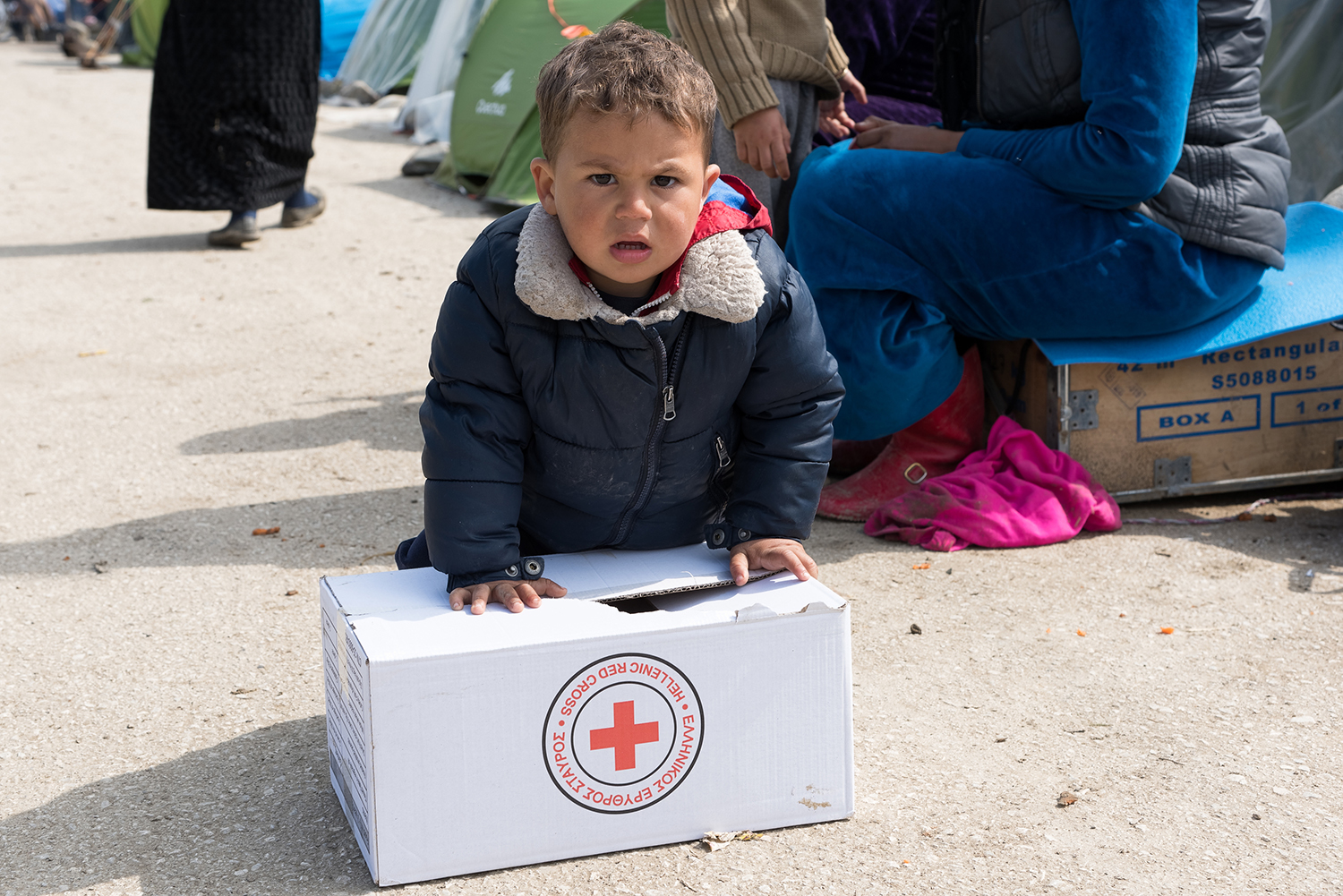LINKS | Harvard Humanitarian Initiative
Introduction
As a member of the NIHR Global Health Research Group, the Harvard Humanitarian Initiative (HHI) research team will work with the six research teams to help develop and test measures for horizontal and vertical cohesion and sustainable development that can work across contexts but are also culturally appropriate and sensitive to variations across contexts.
Co-investigators: Patrick Vinck, Ph.D.; Phuong Pham, Ph.D., M.P.H.
About
The Harvard Humanitarian Initiative (HHI) is a university-wide academic and research center at Harvard University that brings an interdisciplinary approach to promoting understanding of humanitarian crisis as a unique contributor to global health problems, and to developing evidence-based approaches to humanitarian assistance.
Peace and Human Rights Data Program
HHI’s Peace and Human Rights Data Program conducts research and builds capacity in countries experiencing complex emergencies and serious violations of human rights and international humanitarian law. The program trains researchers and uses empirical and mixed research methods to consult, represent, and support survivors of mass violence and disasters. Through the program, HHI works to ensure that the needs of survivors are recognized and acted on by governments, United Nations agencies, and nongovernmental organizations.
PeacebuildingData.org
HHI researchers created the PeacebuildingData.org online platform with the goal of filling the gaps between peacebuilding work as it is envisioned by policy-makers, and its implementation, reception and perception on the ground. The project features quantitative and qualitative research undertaken in countries affected by mass violence. The population-based studies bring the voices of those most affected by mass atrocities to policy discussions about peace, social reconstruction, and mechanisms for accountability. The results aim to serve as a formative monitoring and evaluation system for actors on the ground.
At present, PeacebuildingData.org features research undertaken by its founding members at the Harvard Humanitarian Initiative. We work to ensure that the needs of survivors are recognized and acted on by governments, UN agencies, and nongovernmental organizations. We help improve the capacity of local organizations to collect and analyze data about survivors and vulnerable populations so that their needs will be heard and their rights can be protected.
Since 2003 we have interviewed over 80,000 survivors of violence in places like Cambodia, Central African Republic, Colombia, Côte d’Ivoire, Democratic Republic of the Congo, East Timor, Guatemala, Liberia, Iraq, the Philippines, Rwanda, and Uganda. The peacebuildingdata.org site houses publications and interactive maps presenting the results of these studies.
Peacebuilding and Education Project
The Harvard Humanitarian Initiative (HHI) Project on Peacebuilding and Education examines the role of education and schools and their associations with resilience in the context of violence and conflict. This project was developed in collaboration with UNICEF and builds on other work around youth and resilience conducted by HHI with the Eastern Congo Initiative.
In 2014, the Harvard Humanitarian Initiative and UNICEF entered into a partnership to conduct research at the nexus of education and peacebuilding in four selected countries - Burundi, Cote d’Ivoire, the Democratic Republic of Congo, and Uganda. The research was designed to provide reliable population-based data about perception of and experience with formal and informal education in relation to the social and institutional context, the legacy of the past and its effect on social cohesion and resilience.
The research was part of a broader initiative of UNICEF known as the Peacebuilding, Education and Advocacy in Conflict-Affected Contexts (PBEA) program – Learning for Peace – designed to strengthen social cohesion, resilience and human security through improved education policies and practices. The program operated on the rationale that, when delivered equitably and effectively, education and other social services can strengthen capacities to manage conflict shocks and stresses, from the national to individual levels, and promote peace, while sustaining long-term development opportunities for children, young people and their supportive communities.
The innovative pilot program attempted globally to establish the linkages between social services such as education with peacebuilding and strengthening resilience. This provided a unique opportunity to establish the evidence-base on how education, as a social service, can contribute to peacebuilding and enhance resilience, social cohesion, and human security, with the goal of informing policies and programming related to education, conflict and peacebuilding.
The knowledge gathered through the project is the result of interviews with more than 10,600 youths, parents and other adults interviewed over the course of two years. This yielded unique insight into the value of education and its role for peacebuilding and the promotion of trust, solidarity, peaceful conflict resolution and other measures of social cohesion and resilience for peace. Reports and results, displayed in interactive maps from each of the four countries have been published. Each study had its specific goals and objectives, which we used as a basis for lessons-learned from a methodological perspective. This contributed to the development of an assessment framework for peacebuilding and education.
KoBoToolbox
KoBoToolbox is a suite of free and open source tools for field data collection designed for use in challenging environments. KoBoToolbox was founded by the research team at the Harvard Humanitarian Initiative that also co-leads HHI’s Peacebuilding and Education Project, and it is the tool used for data collection by HHI research teams. Most of its users are people working in humanitarian crises, as well as aid professionals and researchers working in developing countries. The team of developers and researchers are based at HHI in Cambridge, MA and many other places around the world. More information on KoBoToolbox, including online training modules and sign up access for a free account to use, can be found on its website.
Contributor: Phuong Pham, Ph.D., M.P.H., serves as Expert Consultant to the ECPC. She is an Assistant Professor at the Harvard Medical School and Harvard T.H. Chan School of Public Health and Director of Evaluation and Implementation Science at the Harvard Humanitarian Initiative (HHI).
Relevant information
JOIN THE CONVERSATION
For breaking news and to stay connected, follow us on social media. Sign up to get our E-News delivered straight to your inbox.


